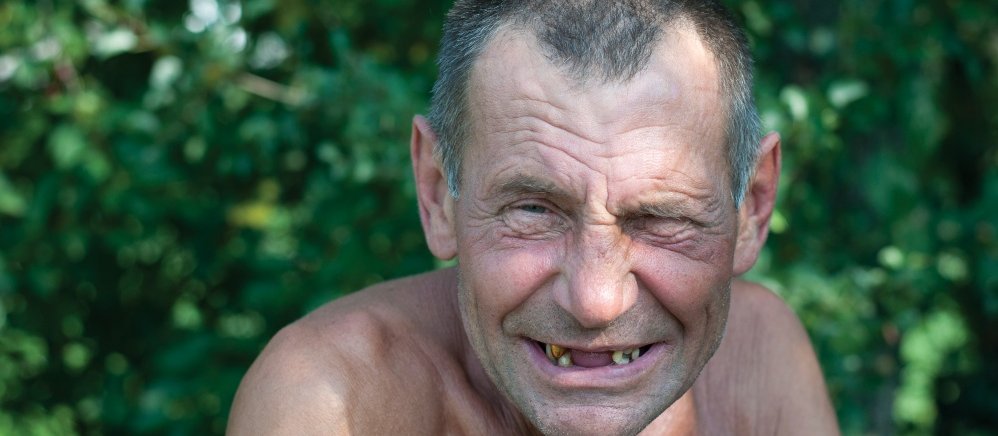A few weeks ago, ASMS quietly released our latest publication, Tooth be told – The case for universal dental care in Aotearoa New Zealand.
We look at the state of oral health in New Zealand – spoiler alert, it’s not pretty – and make some suggestions about how we might improve it.
Dental treatment in Aotearoa is prohibitively expensive and feeds directly into overall health inequities. Teeth and oral health are integral to our general wellbeing, but funding for oral healthcare is a paltry 2 per cent of overall government health spending.
In 2018 at its annual conference, the Labour Party adopted a policy of free dental care. Ever since, there has been radio silence. Budget 2022 fulfilled a 2020 manifesto promise to extend access to the emergency dental funding available from the Ministry of Social Development. But that is barely a sticking plaster.
Return on investment
Our health funders need to show some courage. Free dental care has a weighty price tag. The Ministry of Health in 2018 estimated the cost of free dental care for all adults to be $648 million a year.
But, as well as improving the lives of more than a million New Zealanders, free adult dental care will save us millions of dollars in the longer term. New Zealand Dental Association research in 2019, using Treasury’s cost-benefit analysis tools, found a return of $1.60 on every dollar spent. Imagine if you could get that return on your term deposit.
Forty per cent of adults have unmet need for dental care due to cost. But the provision of dental services is inconsistent. Famously, Wairoa has no dentist. And, on the West Coast, while there are two dentists in Hokitika, going south the next dentist is in Wanaka.
There are other funding inconsistencies, too. Only some of our health districts fund dental care for pregnant women.
As a locality under the new health framework, provision of dental care has been identified as a target for Wairoa. But Wairoa cannot be alone. Across the motu we have a once-in-a-generation opportunity to start treating oral health the same way we treat the health of the rest of our bodies.
Actions beyond dentistry
Which brings us to the adage about the best cure – prevention. In oral health, that means things like fluoridation, sugar taxes and water-only schools. New Zealand has some of the highest per capita consumption of sugar in the OECD.
As he prepared to leave his job as director-general of health last month, Ashley Bloomfield told RNZ he favoured at least the threat of taxes, to encourage suppliers to lower the sugar content in their products.
I want to see more than threats. Sugar taxes have a place, just as tobacco taxes have worked alongside social campaigns to support smoking cessation. Many other groups are sympathetic, but they have been told by this Government that sugar taxes are a bridge too far.
Now is not the time to let a nervous government off the hook.
As the medical and wider health workforce is stretched beyond endurance and health staffing shortages remain an international problem, it’s the perfect time to push harder on prevention; to stop problems before they add to the acute burdens weighing down our health system.
The downstream benefits of limiting our access to sugar are well known. This should be a “no-brainer” rather than a “no-go”.

